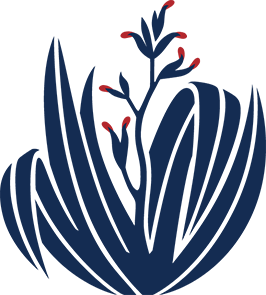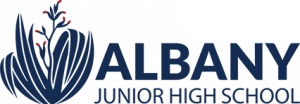Social Sciences
Transferable Skills
As our students take part in a rapidly changing world, more and more they will require the transferable skills that these topics offer them.
Social Sciences Subjects
Humanities
Humanities is a compulsory subject for year 9 and 10 students. Humanities is the study of human interaction with each other and the world around us – past, present, and future. We consider the broad strokes of history, geography, and economics. The main areas of study in Year 9 Humanities are Travel and Tourism, WW1 and Gallipoli, NZ Government, and Turangawaewae (with a focus on North Shore History). In year 10 we delve into topics such as globalisation and sustainability, WW2, human rights, and consumer law.
Trips and guest speakers and the weekly current events quiz are popular features of Humanities.
Business Academy
The AJHS Business Academy provides students with an authentic business environment in which to develop their entrepreneurial skills. The programme lays the foundations for further learning in the commercial world.
THE TWO YEAR PROGRAMME INCLUDES:
- Business Planning
- Business Set-up, structure, and operation
- Business Objectives and Corporate Social Responsibility
- Marketing and consumer law
- Human Resource Management
- Financial Literacy includes Tax knowledge, government assistance, research and development
The knowledge and skills gained in the Business Academy can help shape creative, energetic, and enterprising young people who will contribute to NZ’s economic future.
Accounting
Accounting is a skills-based course that introduces students to basic accounting practices such as the accounting equation, Income Statements, Statements of Financial Position, and ledgers. Students will learn to identify assets, liabilities, owners’ equity, income, expenses, and profit. Students will learn to classify transactions from source documents into the appropriate journals and then book to the general ledger and ultimately use them to calculate profit and net worth. This is a great introduction and solid foundation for studying accounting in senior years at school and for understanding the world of business finance.
Geography
Geography is the study of places and the relationships between people and their environments. Geography is about understanding social and physical processes. Students explore the physical properties of the Earth’s surface and how humans interact with the natural environment. Students also examine the ways that locations and places can impact people. Geography seeks to understand where things are found, why they are there, and how they develop and change over time. This is achieved through the use of extensive case studies, and the incorporation of geographic skills to deepen understanding.
History
Those who don’t learn history are doomed to repeat it! History is one of those subjects that brings it all together; history can help us understand why humanity has ended up where we are today. Knowing our world’s history develops a broad general knowledge, enhances critical thinking, research, and debating skills, and sparks a curious mind.
Students will explore historical topics and develop practical skills such as mapping, creating timelines, researching, and interpreting primary and secondary sources. By examining primary sources such as political cartoons, images, and diaries, students begin to evaluate perspectives and biases across many areas of the historical timeline.
Contacts
Assessment
Assessments are a mix of inquiries, research projects, tests, infographics, brochures, videos/podcasts, and oral speeches.



